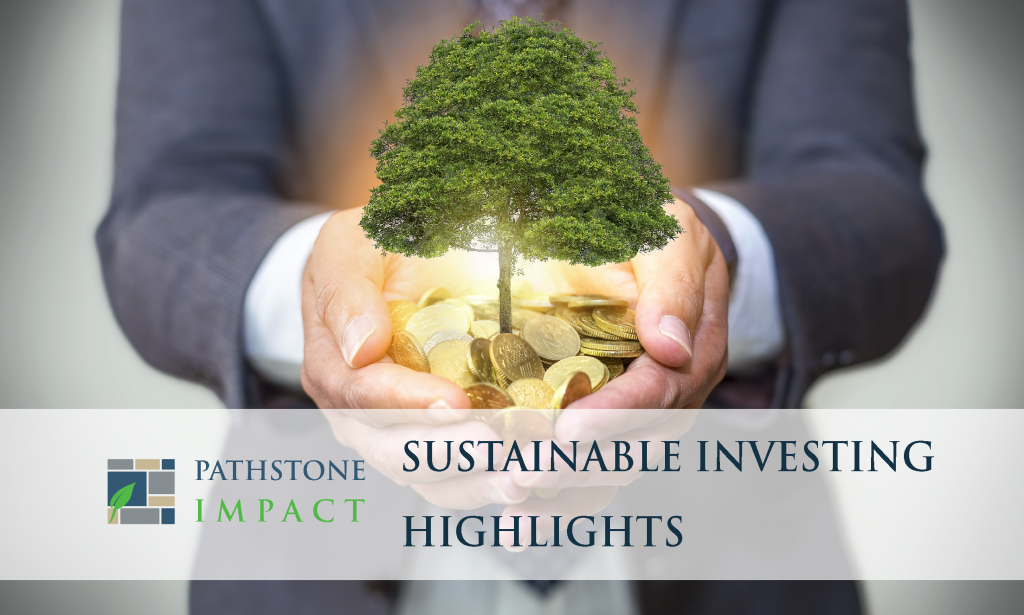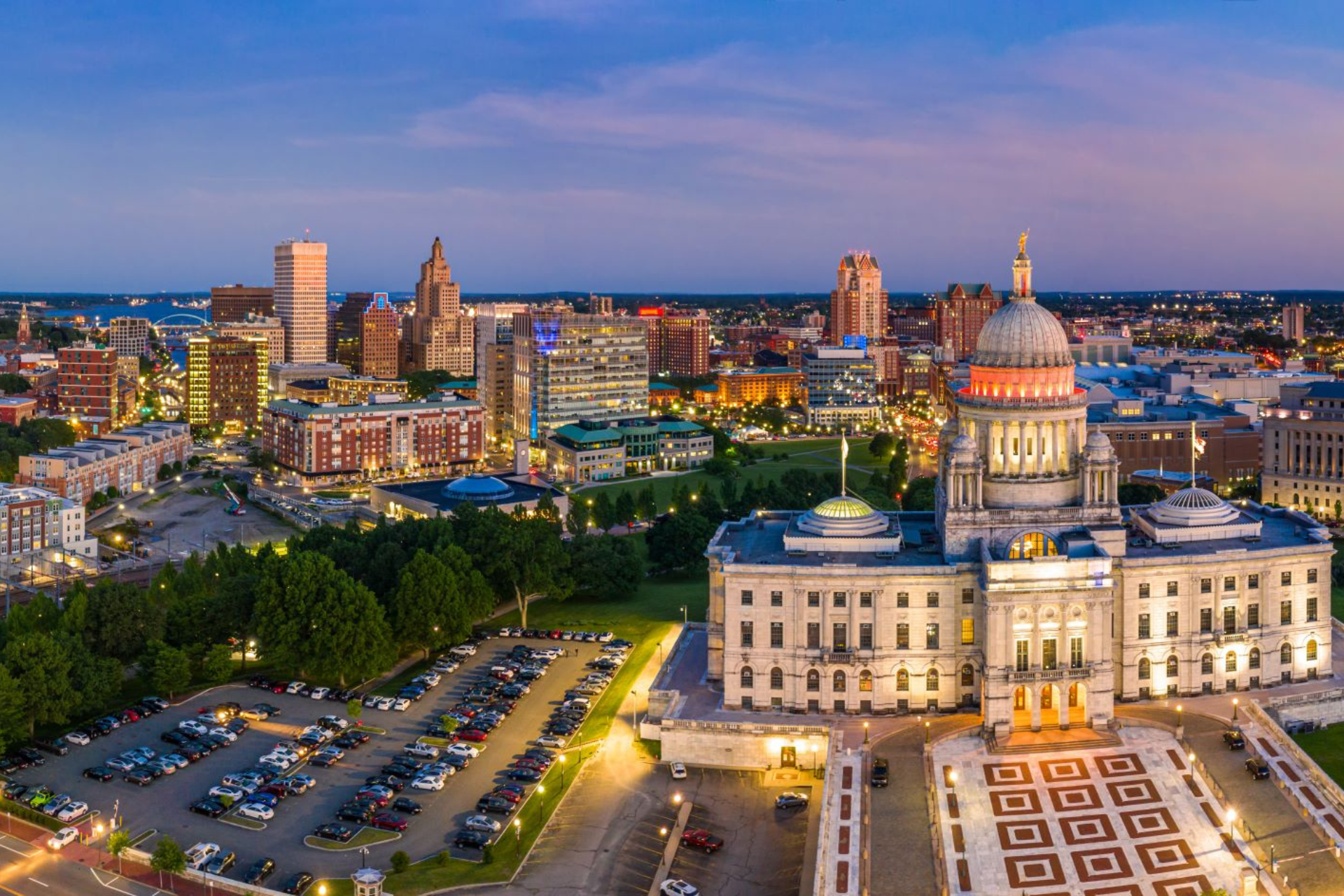2021 Climate Summit: World Leaders Renew Commitment to Addressing Climate Change
In commemoration of Earth Day, the United States government hosted 40 world leaders to renew their commitment to the fight against climate change. Climate change remains a global challenge that needs to be addressed through resource mobilization and a new commitment to the Paris agreement to keep the global temperature rise below 2 degrees Celsius. Key takeaways from the 2021 Climate Summit, organized by the White House, include the United States’ pledge to cut emissions by 50%-52% from 2005 levels by 2030, as well as China, Russia, and India recommitting to reducing their carbon emission by half
In announcing the pledge, President Biden stated, “This is the decade we must make decisions that will avoid the worst consequences of the climate crisis […], we have to move quickly to meet these challenges. The steps our countries take between now and Glasgow will set the world up for success to protect livelihoods worldwide and keep global warming at a maximum of 1.5 degrees Celsius. We must get on the path now to do that.”
Chinese President Xi Jinping “repeated the country’s previous commitments and emphasized green development and multilateralism to reduce global emissions.” On the other hand, Prime Minister Modi “didn’t provide a new target but reconfirmed the country’s vow to install 450 gigawatts of renewable energy by 2030. Modi also announced an India-U.S. Climate and Clean Energy Agenda Partnership for 2030. India is the world’s third-largest emitter behind China and the U.S.”
German Chancellor Angela Merkle also renewed Germany’s commitment to addressing global climate change. According to Chancellor Merkle, it was a welcome sight “to see that the United States is back, is back to work together with us in climate politics […], because there can be no doubt about the world needing your contribution if we want to fulfill our ambitious goals.”
A Surprising Snack for Cows Could Provide Massive Climate Change Benefits
Scientists may have found a new weapon in the battle against climate change: seaweed. Methane, a powerful greenhouse gas, is emitted by the planet’s 1.5 billion cows, mainly through burping. In lab tests and field trials, scientists found that adding just 0.2% of a particular seaweed – specifically, Asparagopsis taxiformis and Asparagopsis armata – effectively eliminated methane emissions. In addition, growing seaweed for the feed supplement could recapture carbon emissions and reduce ocean acidification.
The potential implications of these findings are enormous. Livestock accounts for approximately 15% of global greenhouse gas emissions, with almost 40% of that linked to methane produced by the digestive process. In tests, the red seaweed is freeze-dried, powdered, and sprinkled on feed as a garnish. The seaweed naturally produces and stores bromoform, an organic compound that blocks carbon and hydrogen atoms from forming methane in the cow’s stomach.
Several companies have been working to commercialize the seaweed. Currently, it is a challenge for these companies to produce the seaweed at scale and offer it to farmers so that it increases their bottom line. Tests also showed more efficient growth of cows and increased milk production, which would enable farmers to use less feed and save money.
Archegos Fiasco and Corporate Governance
The recent Archegos fiasco is an important reminder as to why investors, whether big or small, need to pay close attention to the “G” in environmental, social, and governance (“ESG”). The fiasco also exemplifies how companies’ profits can be adversely impacted by violating the norms of good governance and the consequences. Archegos Capital Management was not well-known to Main Street until it was reported that the family office had incurred significant losses tied to heavy “concentrated positions in companies and held some positions in a mix of stock and swaps. Swaps are a common arrangement in which a trader gets access to the returns generated by a portfolio of shares or other assets in exchange for a fee.”
The total bill for the collapse of Archegos Capital hit approximately $10 billion. Nomura, Credit Suisse Group AG, UBS, and Morgan Stanley suffered massive losses as a result of the Archegos fiasco. According to Bloomberg, “The Japanese bank [Nomura] booked about 245.7 billion yen ($2.3 billion) of losses in the three months ended March 31, driving the bank to its biggest quarterly loss since 2009, and will take another hit of about 62 billion yen this fiscal year. UBS Group AG, which hadn’t previously signaled any Archegos impact, said it sees a combined hit of about $861 million through the second quarter. The two banks are among the biggest losers from the debacle at Archegos, which collapsed when the firm built up highly leveraged positions on stocks and could not meet banks’ margin calls. Nomura is the second-most impacted lender after Credit Suisse Group AG reported a combined loss of about $5.5 billion. UBS lies in the fourth position, just behind Morgan Stanley, which also surprised investors and analysts with a $911 million.”
The Archegos fiasco is not the first corporate governance controversy involving an investment bank or advisor. Banks have been stung before from aggressive loans to their most extravagant customers. Last year, Luckin Coffee Inc. Director, Lu Zhengyao, defaulted on $518 million of loans when the pandemic selloff prompted lenders to require their customers to provide more collateral to back their obligations.
Barclays Bank No Longer to Lead Bond Deal for Private Prisons
Barclays Plc pulled out as the lead financier of a metropolitan bond deal set to construct jails for CoreCivic Inc. After analysis, the bank was shown to be backtracking on a promise to not provide financing to benefit for-profit prison organizations.
The bank’s lead part in the arrangement drew debate since it gave the impression of conflicting with Barclays’ declaration two years prior that it would not provide new financing to private jail organizations, whose model of benefitting from imprisonment has drawn scrutiny for quite a long time. Several banks, including Bank of America Corp., JPMorgan Chase and Co., and Wells Fargo and Co., said at the time that they were avoiding the business.
Barclays’ extremely late choice to leave the arrangement was odd but may have reflected pressure from groups such as the American Sustainable Business Council, which terminated Barclay’s membership in the organization due to its work on the deal. Barclays noted that “We have advised our client that we are no longer participating in the transaction intended to provide financing for correctional facilities in the State of Alabama.”
Download the “Sustainable Investing Highlights – May 2021” PDF.
Please see citations and important disclosures in the PDF version of this article.
Sources:
https://www.cnbc.com/2021/04/22/biden-pledges-to-slash-greenhouse-gas-emissions-in-half-by-2030.html https://www.cnbc.com/2021/04/22/biden-pledges-to-slash-greenhouse-gas-emissions-in-half-by-2030.html
https://apnews.com/article/joe-biden-climate-summit-2021-d27b869add251860acc82f58e2750fd7
https://www.cnn.com/2021/04/27/investing/ubs-nomura-archegos/index.html
https://unstats.un.org/sdgs/indicators/indicators-list




















